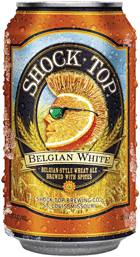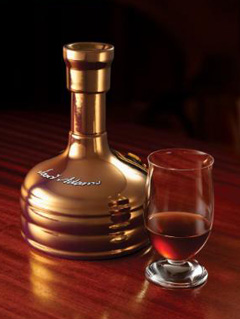 The Wisconsin Brewers Guild is asking state residents to join others in sending a message to Governor Walker to veto budget language related to microbreweries. The language in question, known as Motion 414, would take away small brewers’ abilities to distribute each other’s beers and own and operate their own taverns.
The Wisconsin Brewers Guild is asking state residents to join others in sending a message to Governor Walker to veto budget language related to microbreweries. The language in question, known as Motion 414, would take away small brewers’ abilities to distribute each other’s beers and own and operate their own taverns.
A letter from the guild members explains:
Such drastic alterations to what has proven to be a successful business model will only lead to a stifling of growth and a loss of jobs.
Unfortunately, when this issue was being discussed, small brewers weren’t even consulted and have been completely shut out of the legislative process. The Guild has pledged to sit down with legislators, government officials and other interested parties to discuss the issues and find common ground, but that can’t happen if the budget is signed into law with Motion 414 as part of the bill. Read the guild’s letter to the Governor.
Please email and/or call the Governor’s office today and tell him to veto Motion 414 in its entirety and allow Wisconsin’s small breweries to continue to create jobs and add value to the state’s economy.
You can find Governor Walker’s contact information here.
Thanks for your support of Wisconsin’s small brewers.
Jeff Hamilton, President
Wisconsin Brewer’s Guild
More about the story can be found here.

 Shock Top Belgian White is available in cans for the first time today.
Shock Top Belgian White is available in cans for the first time today. It is brewed in small batches, blended, and aged in the Barrel Room at the Samuel Adams Boston Brewery. After it was first released in 2002, it earned the title of world’s “strongest beer commercially available” in the Guinness Book of World Records. At the time it was 24% abv. Other brewers, using distillation in the production process, have released stronger beers since, while Utopias (which is released only in odd-numbered years) climbed to 27% with the 2009 release.
It is brewed in small batches, blended, and aged in the Barrel Room at the Samuel Adams Boston Brewery. After it was first released in 2002, it earned the title of world’s “strongest beer commercially available” in the Guinness Book of World Records. At the time it was 24% abv. Other brewers, using distillation in the production process, have released stronger beers since, while Utopias (which is released only in odd-numbered years) climbed to 27% with the 2009 release.